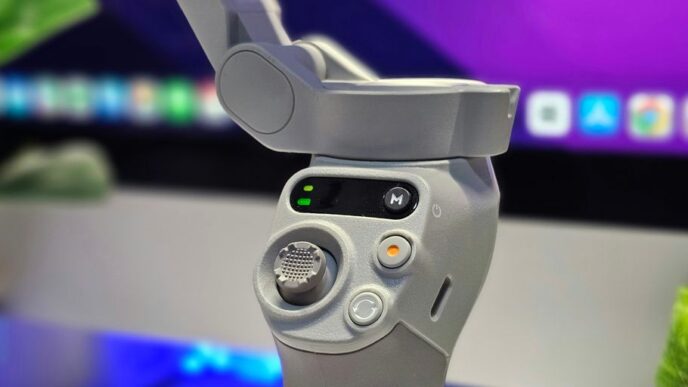The HIPAA Privacy Rule is a federal regulation that protects the privacy of individuals’ health information. It was established by the United States Department of Health & Human Services (HHS) in April 2003 to ensure that personal medical data is kept secure and confidential. The rule applies to both paper and electronic records, including those stored in computer systems, databases, or websites.
Establishes Standards
The HIPAA Privacy Rule establishes standards for the use and disclosure of protected health information (PHI). It requires organizations to provide individuals with their medical records upon request, and limits any secondary uses or disclosures of PHI without the individual’s authorization. These requirements are designed to protect an individual’s right to privacy while still allowing medical professionals to access the data they need to provide quality care.
Covered Entities and Business Associates
The HIPAA Privacy Rule applies to “covered entities” (health plans, health care clearinghouses, and certain types of healthcare providers) and any “business associates” they may work with. Covered entities must enter into an agreement with business associates that outlines how PHI can be used and disclosed.
Penalties for Non-Compliance
Organizations must comply with the HIPAA Privacy Rule or face penalties, including civil and criminal fines. The HHS Office for Civil Rights (OCR) is responsible for enforcing compliance with the rule, investigating complaints, and resolving disputes between organizations and individuals.
Safeguards
The HIPAA Privacy Rule requires organizations to put safeguards in place for any PHI they create, receive, use, or disclose. Organizations must ensure that PHI is kept secure by using physical, technical and administrative safeguards. These include measures such as limiting access to only those with a legitimate need-to-know and encrypting data when stored or transmitted electronically.
Rights of Individuals
The HIPAA Privacy Rule also outlines the rights individuals have regarding their PHI. This includes the right to request a copy of their medical records, as well as the right to request amendments or corrections to any errors. Individuals may also revoke authorization for an organization to use or disclose their PHI at any time, with some exceptions.
Updates to the Rule
The HHS regularly updates the HIPAA Privacy Rule, as well as other regulations related to protecting PHI. Organizations must keep up with any changes in order to remain compliant and avoid potential penalties. Understanding the various components of the rule is important for ensuring that all individuals’ health information remains private and secure.
Breach Notification
Under the HIPAA Privacy Rule, organizations must notify individuals if their PHI has been accessed without authorization. Organizations must also notify HHS and other relevant authorities in the event of a breach. This helps to protect those affected by providing them with the necessary information to take appropriate action. It also serves as a reminder for organizations that they must continue to implement safeguards and maintain compliance with HIPAA.
Conclusion
The HIPAA Privacy Rule sets out standards for organizations to ensure the privacy and security of individuals’ health information. It applies to covered entities and their business associates, and requires them to implement measures such as safeguards and breach notification procedures. Keeping up with any changes in the rule is essential for avoiding potential penalties. By following the HIPAA Privacy Rule, organizations can help protect the privacy of individuals’ medical information.













